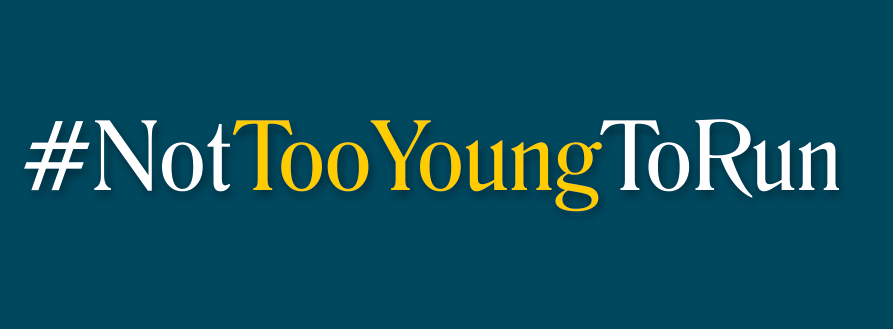by Amina Salihu
I had a beautiful growing up. The best part of my life was no doubt my childhood and the part where I was most impactful I would say, was my youth; the years from secondary to university and shortly afterwards. In a country where defining the category youth is prone to a lot of subjective rationalization, I had better state that this was the time I was 15 – 35 years old.
At age 15, I was appointed the college head girl or head prefect for my Alma mater, Federal Government Girls College Bida. I learnt responsibility early and how to set and lead an agenda. At 19 I was deputy president for the Association of Political Science Students, Ahmadu Bello University Zaria and needless to say that I was active in the students’ movement participating in the design and execution of a protest against sexual harassment. At 28, I began travelling the world on fellowships and at 34 I was a senior special assistant to the Minister of the FCT. At 37 I was team lead for a pioneering DFID Programme, Coalitions for Change (C4C).The rest today, is dependent on that solid early foundation and opportunity.
I have taken a deliberate historical / historical view because again, in a country where we have not been as responsive to or respectful of history as we could be, this becomes very important. If we were respectful of history, we would know that the best years of our founding peers were given in their youth. The movement for independence, the leadership of the regional blocks, their role as national Ministers, etc. even as head of state, were achieved in their youth. These responsibilities demand mental and physical energy. We are at our physical peak in our 20s and30s to peak intellect wise, in our 40s and 50s. By our 60s, we are in decline. At the moment, our life expectancy in Nigeria is an average of 53 years. Yet, a political party once upon a time had a 60 year old as its youth leader in a country brimming with youth energy, innovation and abundance. By the year 2030, it is projected that 50% of Nigeria’s population would be young people; how do we prepare for that moment when we have not given the young people room to internalize this fact and horn their skills through public responsibilities?
Now we have pushed our young people and they are organizing and pushing back, and to seize the space. It was as Kofi Anan said: “if governments do not listen to their people, they will hear from them”. Surely, Senator Adeyeye’s advice to his colleague is solid logic; “if you are old enough to die for your country (i.e. to be enlisted in the military), you are old enough to hold office in your country”.
We can reap the dividends of demography of a youthful population, only if we invest in our young people; part evidence of that investment is that they are present at the table participating and shaping those decisions that affects them, now. That is a certain way to take ownership. The older should not feel threatened. There is a role and place for everyone under the sun. Elders become elder statesperson who can provide guidance and begin a succession planning strategy, hinged on nurturing younger women and men and opening up the space for them.
Reducing the age for presidential candidate from 40 to 35 is a good start; Governor 35 to 30; House of Representatives and State assemblies 30 to 25. Surely the state houses of assembly can only do better or at worst keep status quo and write their names in historic gold, but not reverse the National Assembly gain. The ground has shifted beneath us all as we debate what passes for the mundane in other climes, America under Obama, and Canada’s Trudeau, and more recently Macron of France and Uganda with a 19 year old female legislator Proscovia Alengot Oromaitshow that youth in office is a discourse already transcended. Let us hurry and walk with the rest of the world. #NotTooYoungToRun is a Movement to be taken seriously.
Amina Salihu, PhD is a Feminist, farmer and Philanthropist based in Abuja
